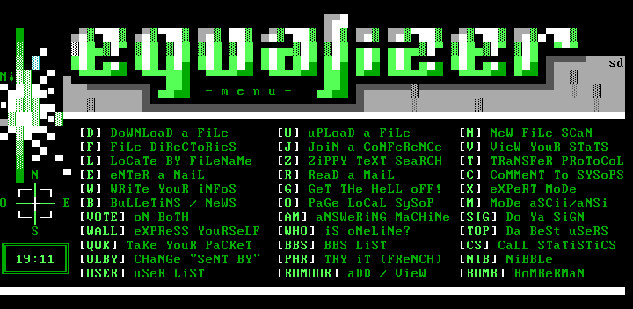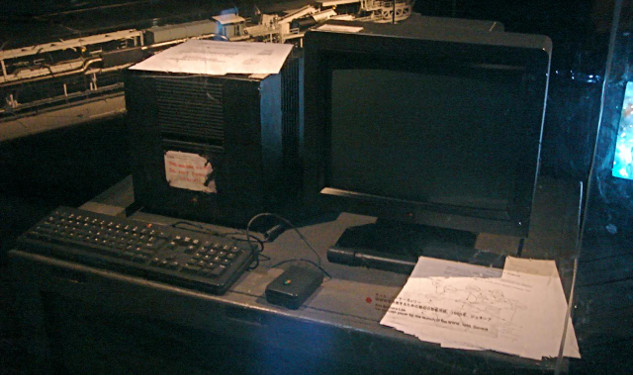Take out the time machine.
Dial it back to exactly twenty-five years ago, to 1989. Step in. You’d wake up in a world with no Facebook. No Google. No Youtube. No web pages. The Internet as we know it does not exist. What does exist are fragmentary computer networks growing uncertainly out of the ashes of exotic military, university and corporate communication nets. Most of the larger nets have switched over to a protocol called TCP/IP that lets them talk to each other. Some of them still hadn’t made the leap.

In the middle of all this was a 34-year-old physics graduate working as a software engineer at Cern. He’d written a paper called “Information Management: A Proposal” in which he spoke of a pool of information that would eventually become a “universal, linked information system”. It was largely ignored. This man was Tim Berners-Lee. Nine years ago, in 1980, Tim had created a prototype system called ENQUIRE to enable his colleagues at CERN to share data easily.
Tim went on to create the Hyper Text Transfer Protocol (HTTP) that makes it possible for servers to send web sites to your browser. He also wrote the HyperText Markup Language (HTML) which allowed for the creation of web pages. He also went on to write the world’s first web browser – WorldWideWeb: it ran on the NeXTSTEP operating system. Tim eventually went on to become director of the World Wide Web Consortium and a Knight of the British Empire.

In short, he invented the Web. The very first website in the world is still available – it’s still online at http://info.cern.ch/hypertext/WWW/TheProject.html. (To see it as they used to back in the day, visit this page. Welcome to the Desert of the Real).
25 years later, with over 600 million websites and 2.4 billion users, the Web has become one of the most important inventions in the history of humanity. In fact, it’s so large that many today refer to the Web as the Internet.
“Today is an important milestone,” says Sir Tim. But the dream of a free and accessible web is facing some of its biggest challenges since inception. The WWW, built on the fundamental concepts of freedom of information, has played host to some radical things over the years. We’ve seen the rise of blogs, activists, free press, dotcom booms, eCommerce, the complete obsoleting of paper encyclopedias, electronic billionaires and social media: now a darker facet of the web has emerged – digital espionage. The Web, built on the concept that information should be available to all, is being violated, plucked and robbed by the spy arms of governments and commercial organizations the world over. Surveillance threatens democracy, as is pointed out in the Telegraph in late 2013.

- The very first web server: Tim’s NeXT machine at CERN. Photo by raneko. For more images from the history of the ‘net, visit WimKlerkx.nl
Government survelliance is just one facet of the PRISM (pun intended). We have nations routinely slugging it out in cyberspace (China, America, Iran, Russia, Georgia being some). We have faceless groups that plunder for love and/or money. Heck, we even have a Wild West of our own: the Dark Net, a swamp laden with command-and-control botnets, terrorism and dark markets where anything can be bought. The notorious Silk Road was but the tip of the iceberg, as this report shows.
Nevertheless, Sir Tim Berners-Lee remains optimistic.
“I believe we can build a Web that truly is for everyone: one that is accessible to all, from any device, and one that empowers all of us to achieve our dignity, rights and potential as humans,” he said today, calling on people to use the #web25 hastag or webat25.org to suggest what they want the web to be. “If we want a Web that is truly for everyone, then everyone must play a role in shaping.”







GIPHY App Key not set. Please check settings